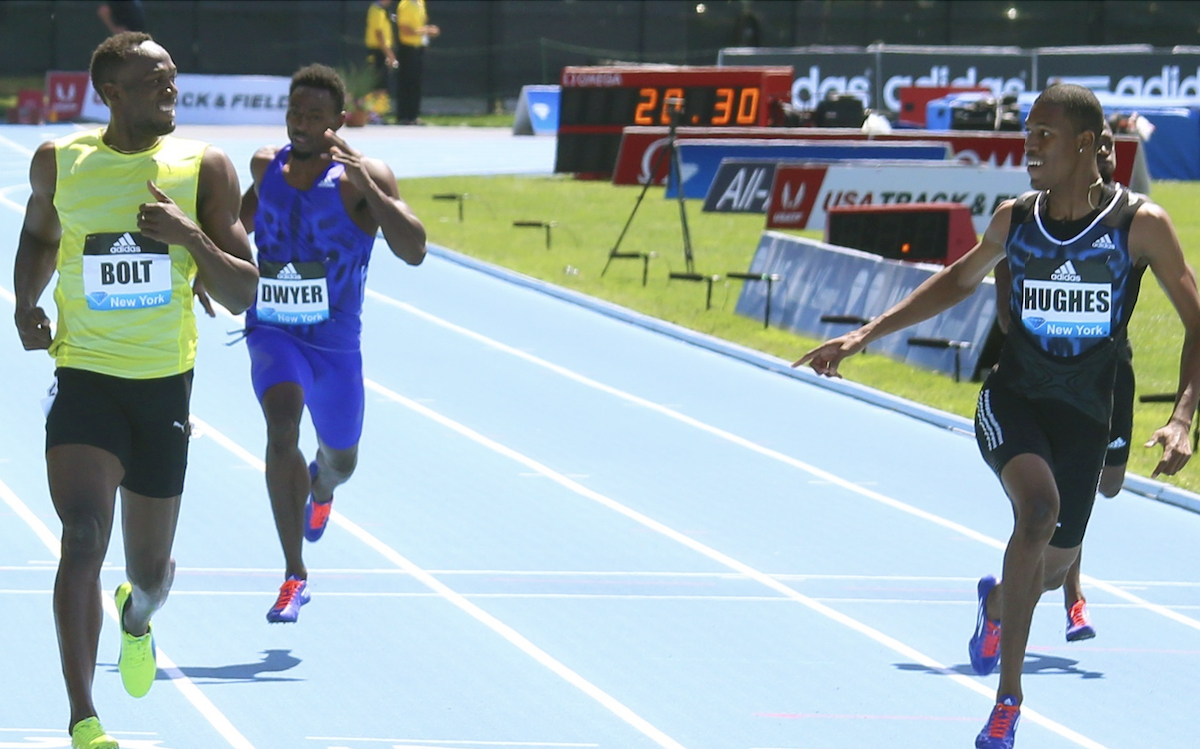Sebastian Coe, president of World Athletics, the governing body of track and field, said recently that the sport has moved on from Usain Bolt. He made the claim after the Paris 2024 Olympic Games where new stars emerged. But has the sport really moved on from Bolt who reigned supreme over three Games with world records still intact?
Several Olympic stars might have emerged at 2024 Olympics, but their performances were no more exceptional than those of competitors at previous Games. Every Olympics has had wow moments and world and Olympic records, which has been the case since the Thirties and Forties with Jesse Owens and Flanny Blankers-Koen through the Fifties and Sixties with Emil Zatopek and Wilma Rudolf, and the Seventies through the 2000s with Alberto Juantorena, Daley Thompson, Mo Farah and Usain Bolt.
Was FloJo in the ’80s better than Flanny Blankers-Koen in the 40s, was Carl Lewis of the 80s better than Owens in the ’30s, and was Mo Farah of the 2000s better than Zatopek in the 50s? Was Shelly-Ann Fraser-Pryce in the 2000s better than Rudolph in the 60s? Each one had speed and talent but maybe lacked something that would make them a little than global figures.
Yet Bolt was different from those before and after him; his rare combination of talent, speed, charisma, confidence, and likeable showmanship turned him into the face of track and field. He was a global icon who endeared even the youngest non-fan in a country that knows little about the sport. His attitude during his tenure was contagious and always elicited smiles, and there were stares and cheers wherever he showed up. He electrified any stadium crowd; he was a sponsor’s dream.
The emergence of an “extraordinary” group of athletes at the Paris Olympics, is therefore nothing new and none has filled the void left by Bolt.
His signature pose continues to be mimicked, and people still want to take selfies with him.
Since Bolt’s exit, the sport has not had a positive face quite like his; American Noah Lyles is claiming that role, but his overall behavior is quite undesirable and, in some ways, rubs fans the wrong way.
While talent abounds in the sport, it is still desperately clamoring for that figurative face/name that represents track the way Bolt did.
Coe is correct when he likened Bolt’s legacy to that of Muhammad Ali in boxing and that “You don’t replace Muhammad Ali, you don’t replace Usain Bolt. However, we have not moved on from Bolt because even though he has retired, he’s still fresh in our minds as other try to be like him.
Several exceptional talents that existed even before 2024 such as Venezuela’s triple jump Yulimar Rojas, USA’s shot putter Ryan Crouser, Swedish pole vaulter Mondo Duplantis (all many-time world record holders), have matched Bolt in terms of world records and the frequency of them, but are their names and faces and personalities recognized in even the most remote part of the world? The truth is they are not sprinters, and they just don’t grab the attention as any fastest sprinter does. A combination of sprint prowess, showmanship, and lots of charisma is how Bolt outshines them. The current crop of breakouts will have to pay their dues and prove their mettle.
Until someone surfaces to match or surpass the Bolt effect, he will remain The Face of Track Emeritus, and fans will not move on from him as they continue to support the athletes and enjoy the sport for all it’s worth.
It took an abundance of extraordinary talent to move on from (not replace) Muhammed Ali and a Kobi Bryan to move on from (not replace) Michael Jordan.


